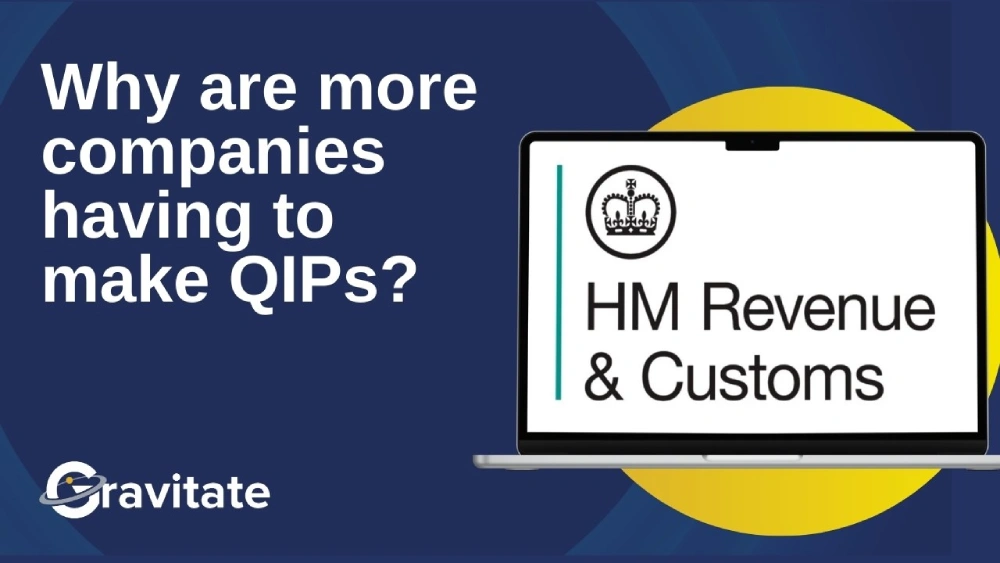One of the main reasons your accountant keeps asking you for receipts, is so your business can provide evidence to HMRC or tax deductible expenses when filing VAT, Corporation or Income tax returns.
If your accountant keeps asking you for receipts, you’re not alone! This is one of the most common frustrations for small business owners and self-employed individuals, which in turn can become very time-consuming!
In the UK, businesses must keep detailed records of expenses for tax purposes, and this applies if you are self-employed or run a limited company.
By the end of this blog, you will fully understand why your accountant needs receipts and how to make the process easier.
Receipts are proof of transactions
Receipts are more than a simple piece of paper; they serve as evidence of business expenses. Without them, accountants cannot verify deductions or prepare accurate financial statements.
Receipts help with tax compliance
If you need to send HM Revenue and Customs (HMRC) a Self-Assessment tax return, you will need to keep your receipts as proof of record and to be able to fill in your tax return correctly.
If HMRC checks your tax return, they may ask for the documents.
Missing receipts create a high risk of tax penalties because they prevent businesses from proving expenses, which can lead to increased tax bills, disallowed expenses and potential penalties from tax authorities like HMRC for various issues, including fraud and inaccurate record-keeping.
Common expenses that need receipts
- Travel - fuel, parking, train or bus fares
- Office supplies – for example, stationery or phone bills
- Meals
- Clothing expenses – uniforms
- Staff costs – for example, salaries or subcontractor costs
- Things you buy to sell on (stock or raw material)
- Financial costs – for example, insurance or bank charges
- Costs of your business premises – including heating, lighting, and business rates
- Advertising or marketing
- Training courses related to your business
Receipts make bookkeeping easier
Keeping receipts simplifies bookkeeping by providing concrete proof of financial transactions, allowing your accountant to:
- Keep accurate record-keeping for taxes and audits
- Facilitating budget monitoring and cash flow analysis
- Streamlining the process of refunds and product returns
How to make receipt management easier
You can make the process of sending your accountant your receipts much easier with the use of modern-day accounting software.
My favourite accounting software for receipt tracking is Dext Prepare, as it is very user-friendly for both parties and seamlessly integrates with other software such as Xero.
If you have multiple staff members within your business, I’d recommend Pleo as an expense management tool. Pleo will allow your users to digitise receipts through the app on their phones, resulting in all receipts in one central place.
Tips for keeping your receipts organised
For physical organisation
- Binders and folders – use dividers or individual folders to separate receipts by category.
- Receipt boxes for a larger volume of receipts
- Filing cabinets
- Labelling so they are easily identifiable
For a digital organisation (we choose this path every time!)
- Scanning/photographing with your smartphone’s camera to create digital copies
- Utilise cloud storage services like Google Drive, Dropbox, or iCloud to save digital receipts.
- Dedicated apps such as Dext Prepare
Remember to regularly back up your digital receipts to protect them from data loss!
Keeping receipts is not just about taxes; it gives your accountant a clearer picture of business finances, cash flow and profitability. While it may feel tedious, providing your accountant with receipts is one of the best ways to save money, avoid trouble, and make your business finances clearer.
If you’d like to discuss how automation can improve your business, contact Gravitate today!

.png)


.png)

.png)
.png)

.png)
.png)
.png)













.png)
.png)
.png)

.png)
.png)

.png)








.webp)
.webp)








.jpg)

.webp)
.png)

.svg)
